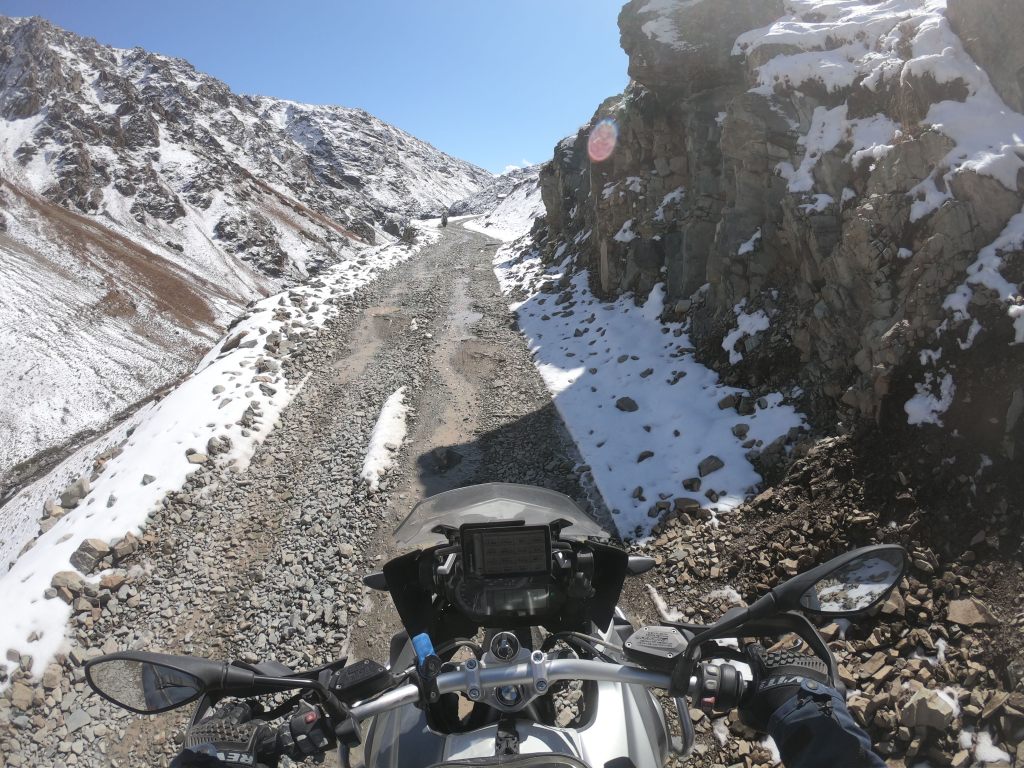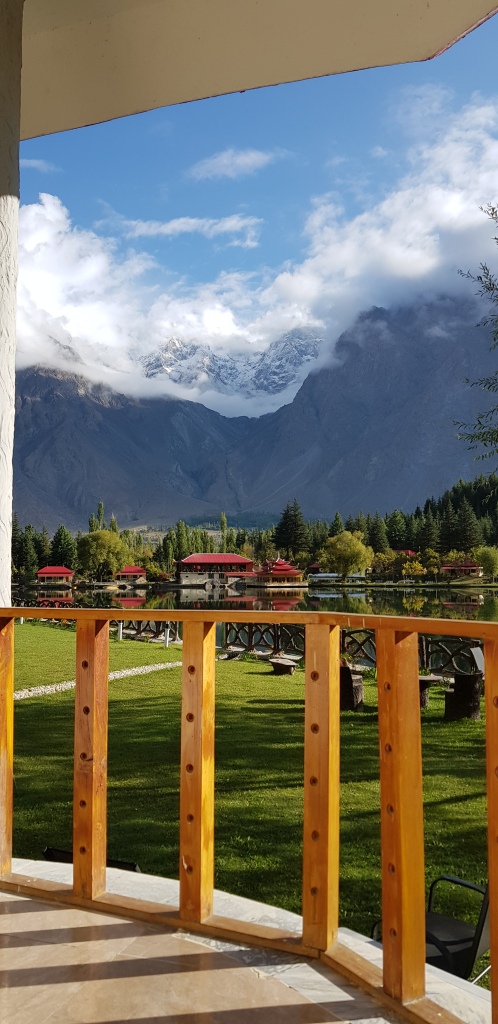August 3, 2020

Distances and destinations define tourism. Tourism brings in revenue—both local and foreign. Local economies around destinations and along the distance thereto, grow. The same can also deteriorate if tourism is not entrenched within an overall “circularity”. The economic system which ensures use of resources such that waste is eliminated is nowadays called “circular”—this is in stark contrast to the “take, make, and dispose” model of the existing linear economic systems. Pakistan, so far, seems to still be on that linear model in tourism; the world, as always, having moved on.
Riding through Pakistan it is evident that in yearning for tourism we are sacrificing the very sustainability and attraction of the destinations and the paths to them. At the core of this is the waste generated and scattered by tourist. It hurts to see this degradation and even more to see that the native dwellers themselves are insensitive to this degradation. It is not uncommon to walk to serene woods only to find trashed bottle of various kinds of drinks and wrappers and containers of food. Cleanliness being next to godliness has gone by the wayside like most godly things in Pakistan.

In the longer term much can be done to eradicate this first tier waste—we must work with all FMCG retailers operating in tourism areas to revise their packaging strategy. In the shorter term, the governments (national, provincial, and local) can use workfare programs to clean up these areas. Local jobs will be generated along with awareness. If the government can pay people to plant trees, they sure as hell can pay them to keep their environment clean. Such program if done properly can be subsidized to some extent by the waste collected and disposed “circularly”.
Roads to tourist destinations in Pakistan need to be rethought. A road cutting through a landscape or a forest essentially divides an otherwise contiguous eco-system. This we all know now. Roads to and through fragile ecosystems—at the very core of tourism—can be slightly more ‘natural’ and less permanent. Lower standard and ‘natural’ roads—like gravel roads—tend to be easier to build and maintain with more involvement of human labor than of machines. More jobs and more awareness! Again, workfare programs can deliver and maintain roads to far flung tourist destinations and most of us riders enjoy tearing down dirt roads anyways.
There is no harm in people making an effort to get to where they want to go—this is what adventure and tourism is all about. It is not shiny roads that bring tourists but clean and secure natural ecosystems protected by their owners! Nature is balance and maintaining that balance is good tourism. Ride on, Pakistan!

